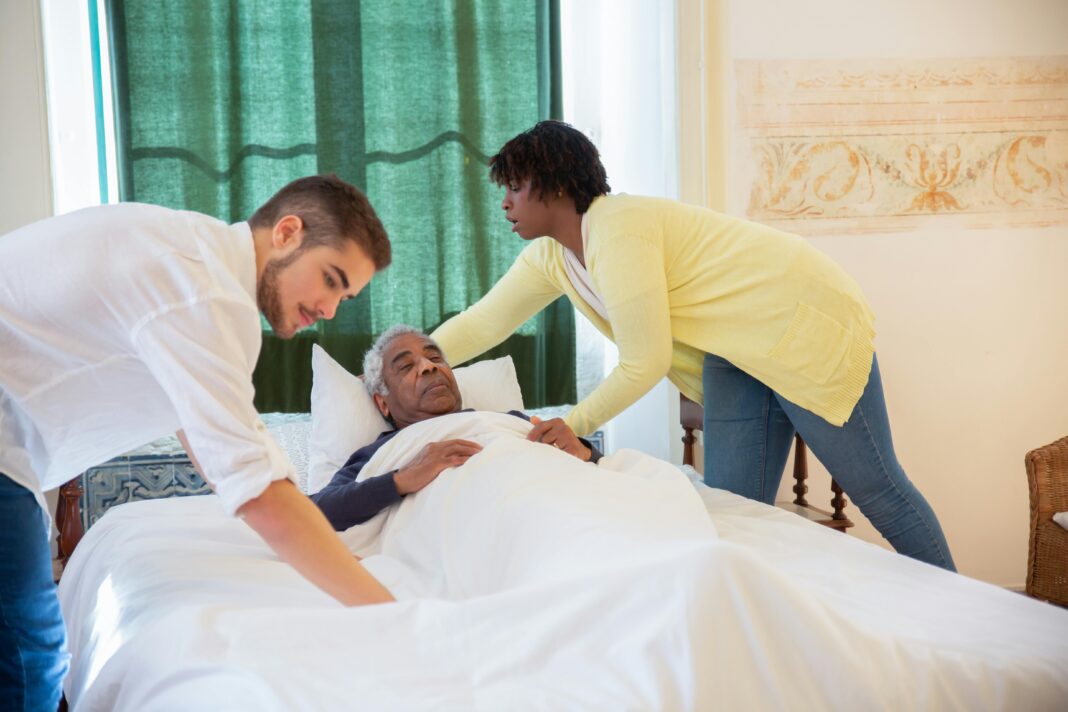Nursing home neglect is a serious problem affecting millions of individuals worldwide. It involves failing to provide adequate care and attention to nursing home residents, resulting in physical, emotional, or psychological harm. Unfortunately, this type of abuse often goes unnoticed or unreported, leaving victims without justice.
Whether you are looking for a Nursing home neglect lawyer in St. Louis, in this guide, we will take an in-depth look at nursing home neglect, including its causes, signs and symptoms, prevention strategies, and legal options for victims and their families.
What is Nursing Home Neglect?
Nursing home neglect refers to the failure of staff members or caregivers in a nursing home facility to meet the basic needs of their residents. This can include failing to provide essential services such as food, water, shelter, and medical care. It can also involve neglecting a resident’s hygiene or failing to prevent accidents or injuries.
Types of Nursing Home Neglect
Several different types of nursing home neglect can occur in a facility. These include:
Basic Needs Neglect: This neglect involves failing to provide residents with necessities such as food, water, and shelter.
Medical Neglect: This occurs when a nursing home fails to provide residents with necessary medical care or properly administer medication.
Personal Hygiene Neglect: This involves failing to assist residents with personal hygiene tasks such as bathing, grooming, and toileting.
Emotional Neglect: Emotional neglect occurs when staff members fail to provide residents with emotional support or fail to address their psychological needs.
Social Isolation Neglect: This type of neglect involves intentionally isolating a resident from social interaction, causing them to feel lonely and neglected.
Causes of Nursing Home Neglect
Nursing home neglect can occur for a variety of reasons, including:
Shortages in staff: Many nursing homes are understaffed, leading to overworked and overwhelmed caregivers who may be unable to provide adequate care for each resident.
Lack of training: Some staff members may not have proper training or experience in caring for elderly or disabled individuals.
Inadequate resources: Nursing homes that lack sufficient financial resources may struggle to provide the necessary care for their residents.
Negligent hiring practices: In some cases, facilities may hire staff members who have a history of abuse or neglect.
Signs and Symptoms of Nursing Home Neglect
It is important to be aware of the signs and symptoms of nursing home neglect so that it can be identified and addressed. Some common warning signs include:
Poor personal hygiene: Residents not receiving proper care may have unkempt hair, dirty clothes, or noticeable body odor.
Malnutrition or dehydration: Neglected residents may show signs of weight loss, weakness, and dehydration.
Untreated medical conditions: If a resident’s medical needs are neglected, they may show signs of untreated illnesses or injuries.
Depression or withdrawal: Emotional neglect can lead to feelings of loneliness and isolation, which can result in depression and withdrawal from activities.
Bedsores are painful and potentially dangerous skin sores that can develop from neglect when a person is left in one position for too long.
Prevention Strategies
To prevent nursing home neglect, it is important for facilities to have proper protocols in place and to provide adequate resources for their staff. This can include:
Proper training: All staff members should receive proper training on caring for residents and identifying signs of neglect.
Adequate staffing: Nursing homes should have enough staff to provide individualized attention and care for each resident.
Regular check-ins: Administrators or supervisors should regularly check in with residents and staff to ensure all needs are met.
Encouraging residents to speak up: Facilities should create a safe space to voice concerns or complaints.
Legal Options for Victims and Their Families
If nursing home neglect is suspected, it is important to take action to protect the victim and hold the facility accountable. This can include:
Reporting suspicions of neglect to proper authorities such as state health departments or adult protective services.
Seeking legal assistance to explore potential legal options, such as filing a lawsuit against the facility.
Moving the victim to another facility or providing in-home care if possible.
Final Thoughts
Nursing home neglect is a serious issue that requires attention and action. By understanding the causes, signs, and prevention strategies for this type of abuse, we can work towards ensuring that all nursing home residents receive the care and dignity they deserve. If you suspect a loved one is being neglected in a nursing home and are looking for a Nursing home neglect lawyer in St. Louis, do not hesitate to speak up and seek help. Everyone has the right to live with respect and proper care, regardless of age or health status.
